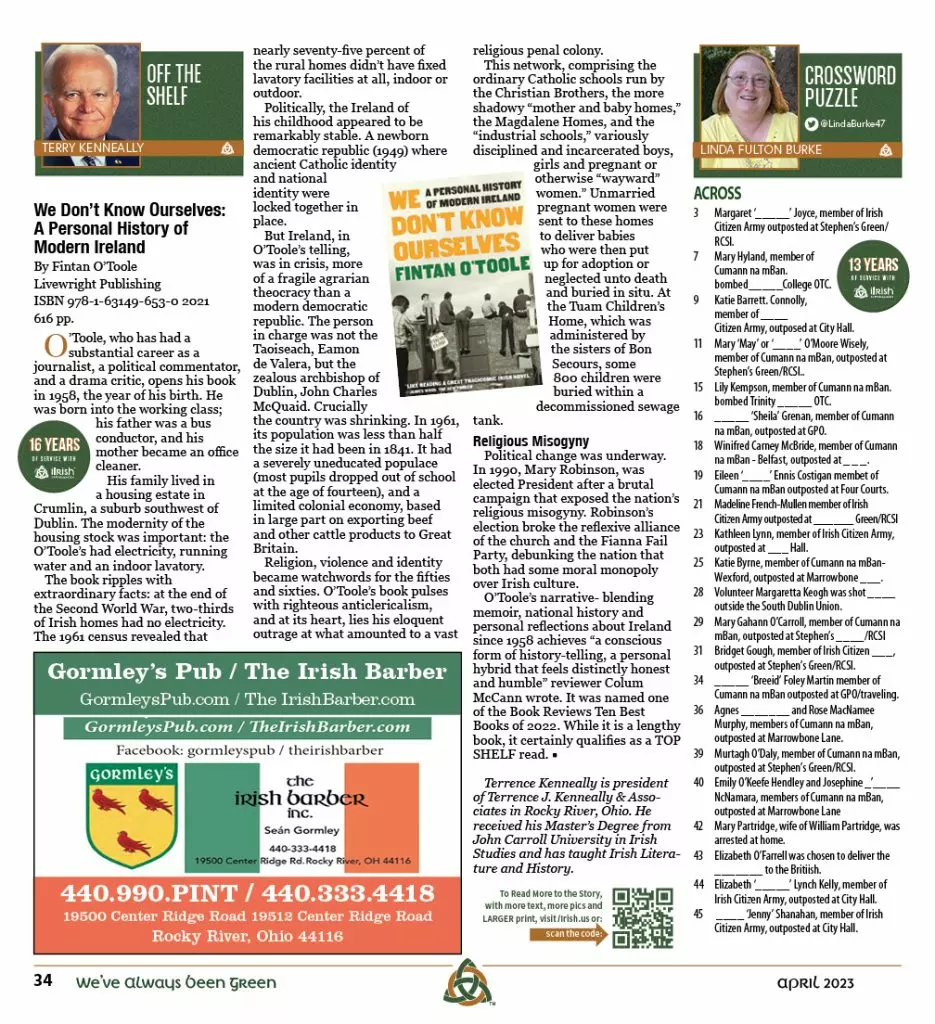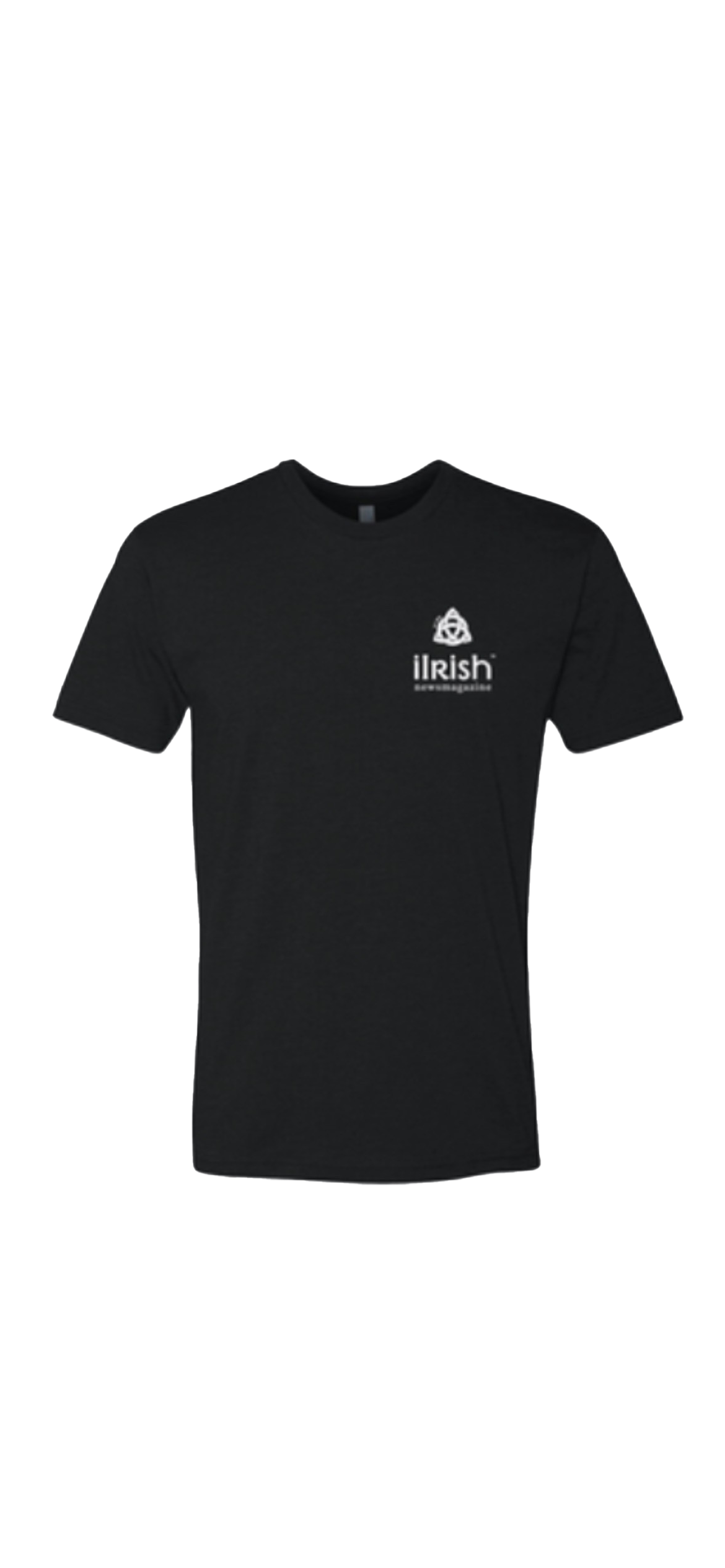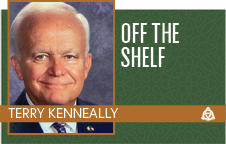
Off the Shelf: We Don’t Know Ourselves
a Personal History of Modern Ireland
By Fintan O’Toole
Livewright Publishing ISBN 978-1-63149-653-0 2021 616 pp. Review by Terrence J. Kenneally
O’Toole, who has had a substantial career as a journalist, a political commentator, and a drama critic, opens his book in 1958, the year of his birth. He was born into the working class; his father was a bus conductor, and his mother became an office cleaner.
His family lived in a housing estate in Crumlin, a suburb southwest of Dublin. The modernity of the housing stock was important: the O’Toole’s had electricity, running water and an indoor lavatory.
The book ripples with extraordinary facts: at the end of the Second World War, two-thirds of Irish homes had no electricity. The 1961 census revealed that nearly seventy-five percent of the rural homes didn’t have fixed lavatory facilities at all, indoor or outdoor.
Politically, the Ireland of his childhood appeared to be remarkably stable. A newborn democratic republic (1949) where ancient Catholic identity and national identity were locked together in place.
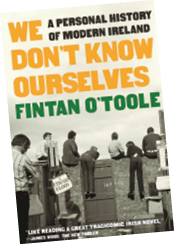
But Ireland, in O’Toole’s telling, was in crisis, more of a fragile agrarian theocracy than a modern democratic republic. The person in charge was not the Taoiseach, Eamon de Valera, but the zealous archbishop of Dublin, John Charles McQuaid. Crucially the country was shrinking. In 1961, its population was less than half the size it had been in 1841. It had a severely uneducated populace (most pupils dropped out of school at the age of fourteen), and a limited colonial economy, based in large part on exporting beef and other cattle products to Great Britain.Religion, violence and identity became watchwords for the fifties and sixties. O’Toole’s book pulses with righteous anticlericalism, and at its heart, lies his eloquent outrage at what amounted to a vast religious penal colony.
This network, comprising the ordinary Catholic schools run by the Christian Brothers, the more shadowy “mother and baby homes,” the Magdalene Homes, and the “industrial schools,” variously disciplined and incarcerated boys, girls and pregnant or otherwise “wayward” women.” Unmarried pregnant women were sent to these homes to deliver babies who were then put up for adoption or neglected unto death and buried in situ. At the Tuam Children’s Home, which was administered by the sisters of Bon Secours, some 800 children were buried within a decommissioned sewage tank.
Religious Misogyny
Political change was underway. In 1990, Mary Robinson, was elected President after a brutal campaign that exposed the nation’s religious misogyny. Robinson’s election broke the reflexive alliance of the church and the Fianna Fail Party, debunking the nation that both had some moral monopoly over Irish culture.
O’Toole’s narrative- blending memoir, national history and personal reflections about Ireland since 1958 achieves “a conscious form of history-telling, a personal hybrid that feels distinctly honest and humble” reviewer Colum McCann wrote. It was named one of the Book Reviews Ten Best Books of 2022. While it is a lengthy book, it certainly qualifies as a TOP SHELF read.
*Terrence Kenneally is president of Terrence J. Kenneally & Associates in Rocky River, Ohio. He received his Master’s Degree from John Carroll University in Irish Studies and has taught Irish Literature and History.
